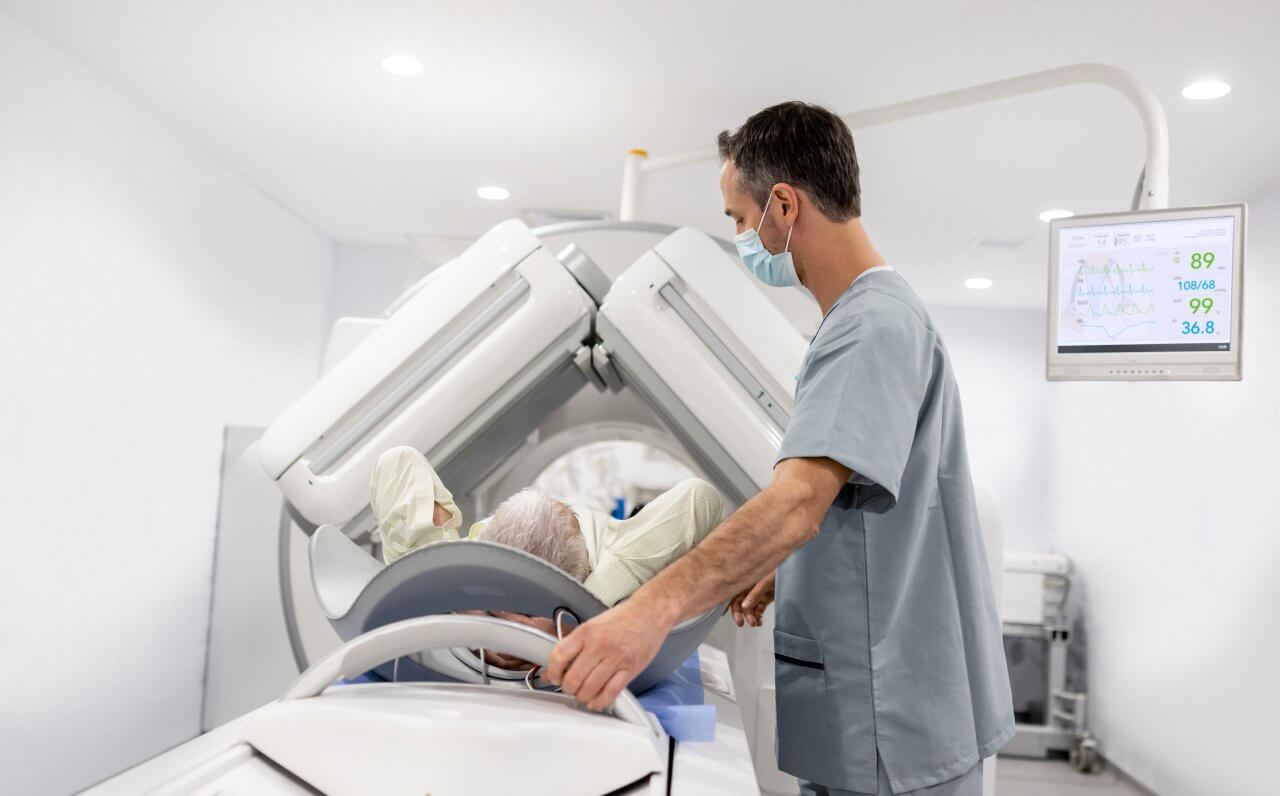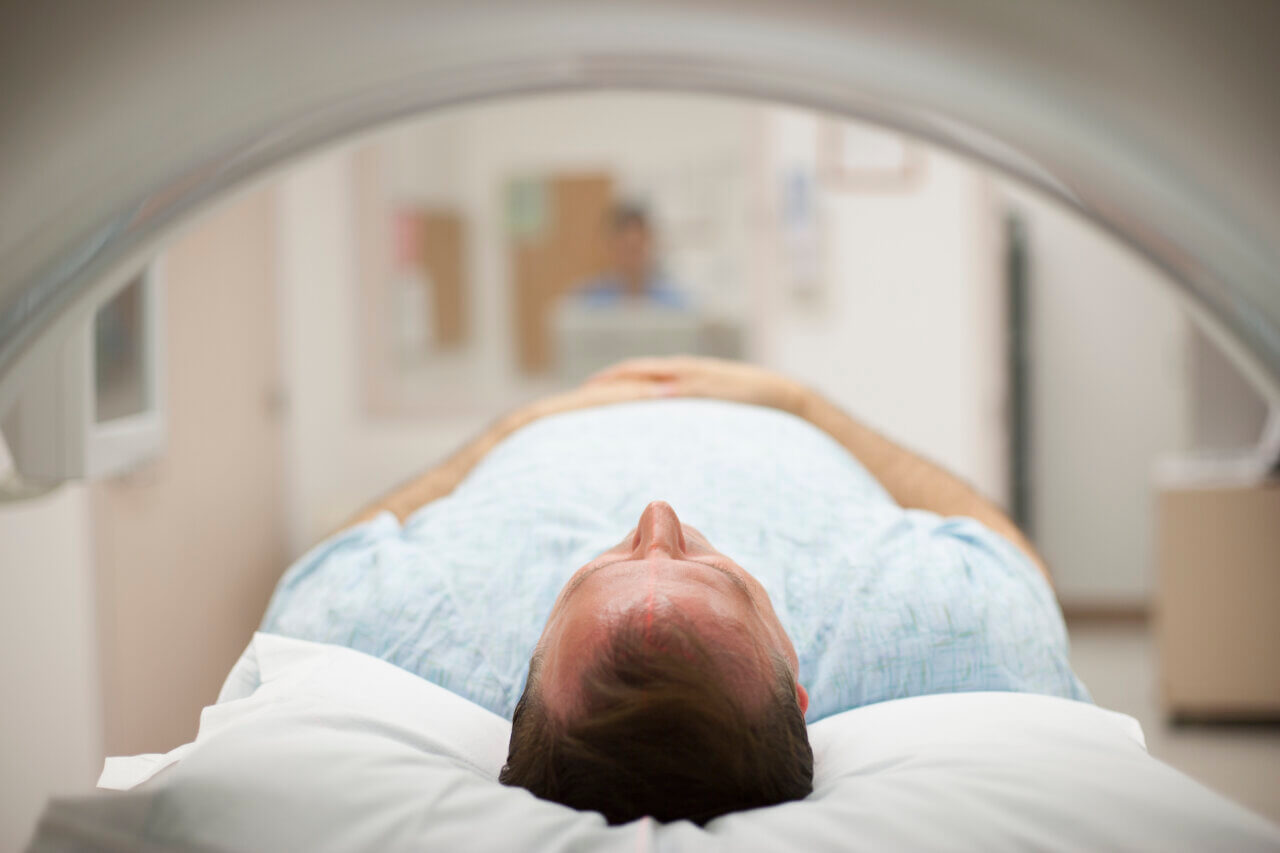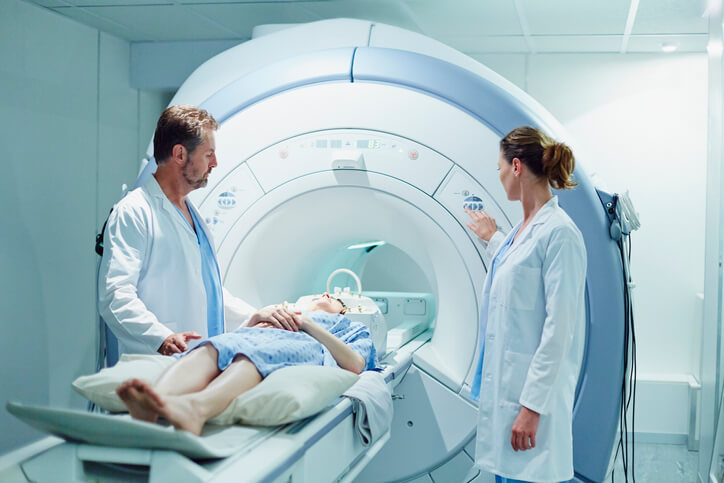How to Prepare for an MRI

A magnetic resonance imaging (MRI) procedure uses radio waves and powerful magnets (and no ionizing radiation) to create images of the inside of a person’s body. Doctors review these images to diagnose diseases or injuries, check on a patient’s treatment progress, etc.
An MRI machine is like a large tunnel that produces loud sounds. And since doctors typically only order MRIs to provide insights on significant medical conditions, the process can be intimidating, both for kids and adults.
But, as they say, knowledge is power. Below will help you prepare for an MRI so you can go into the procedure well-informed and confident.
What Is an MRI With Contrast?
Your care team may give you an injection of a contrast agent. This dye helps produce detailed images of specific areas or structures in your body.
The contrast agent is safe, and most patients tolerate it well. However, you should be alert for signs of an allergic reaction in the hours after your procedure. They include rash, hives, itchiness, and shortness of breath. If you experience these symptoms or anything else concerning, you should contact your doctor or the imaging center promptly.
If you have a rare severe allergic reaction, you should get treatment at an urgent care center or emergency room.
Can I Eat Before an MRI?
You don’t have to alter your diet before an MRI, including on the day of the procedure, unless your doctor specifies otherwise. The same is true of taking medications. Keep taking them as directed unless your doctor provides different instructions.
The test will take some time, so you may want to avoid drinking too much water just before the procedure to minimize the need for bathroom breaks.
Getting Ready for an MRI
Follow these eight tips as you prepare for an MRI:
- Tell your doctor if you’re prone to claustrophobia. Some people have a strong adverse reaction to being in enclosed spaces. While the MRI machine is open at both ends, well lit, and has a fan to keep you comfortable, it can still trigger claustrophobia in some people. If you have concerns about this, your doctor can prescribe medication to help you relax.
- Take off all jewelry before going to the imaging center. Because an MRI machine is essentially a giant magnet, your technician will advise you to remove all jewelry. Since you may be stressed when you arrive at the imaging center and potentially forget an item, it’s best to take your time and remove all jewelry at home.
- Talk with your doctor about any current or past medical issues. This includes a history of kidney problems or diabetes, a pacemaker, implanted medical devices like insulin pumps, cochlear implants, shrapnel or bullets that you may have in your body, and whether you are or might be pregnant. Your doctor will also have a list of questions to ask you about your medical history, so a clear picture of your eligibility for a scan will develop between your recollections and answers to those questions.
- Avoid getting new piercings. Even in the relatively short time it takes for an MRI, a recent piercing hole can begin to close, and you don’t want to have to deal with that after your procedure.
- Follow your doctor’s advice closely. Typically, your doctor will explain why they’re having you do or not do certain things before your MRI. However, if they neglect to explain a particular request, just know that it has to do with your safety and comfort, the quality of the imaging results, or both.
- Make plans for a ride home. If you require medication to relax for your procedure, you won’t be able to drive home.
- Mentally prepare yourself. During your exam, you’ll need to remain still in an environment that’s probably foreign to you. Prepare yourself for that but also know that you’ll be able to communicate with the tech during the test if you have any concerns or experience significant discomfort.
- Arrive early. Arriving well before your scheduled procedure time means you won’t miss it. It also gives you time to settle in and relax so that you don’t feel stressed as the procedure begins.
After your procedure, a doctor called a radiologist will review the results, write a report, and provide it to your physician. This typically takes around five business days. The tech who performs your procedure won’t be able to provide you with any information about the images, but they may offer to give you a copy of them on a CD for your records.
Learn More About Imaging and Diagnostic Services at Baptist Health
Our imaging experts have extensive experience helping patients remain comfortable during an MRI while getting the images doctors need to diagnose and treat illnesses and injuries. Learn more about imaging services at Baptist Health.
If you don’t yet have a Baptist Health doctor, you can find one using our online provider directory.
Next Steps and Useful Resources
How to Help Your Child Through an MRI Procedure
MRI vs MRA: What’s the Difference?
Is it Safe to Get an MRI with an Implant?



